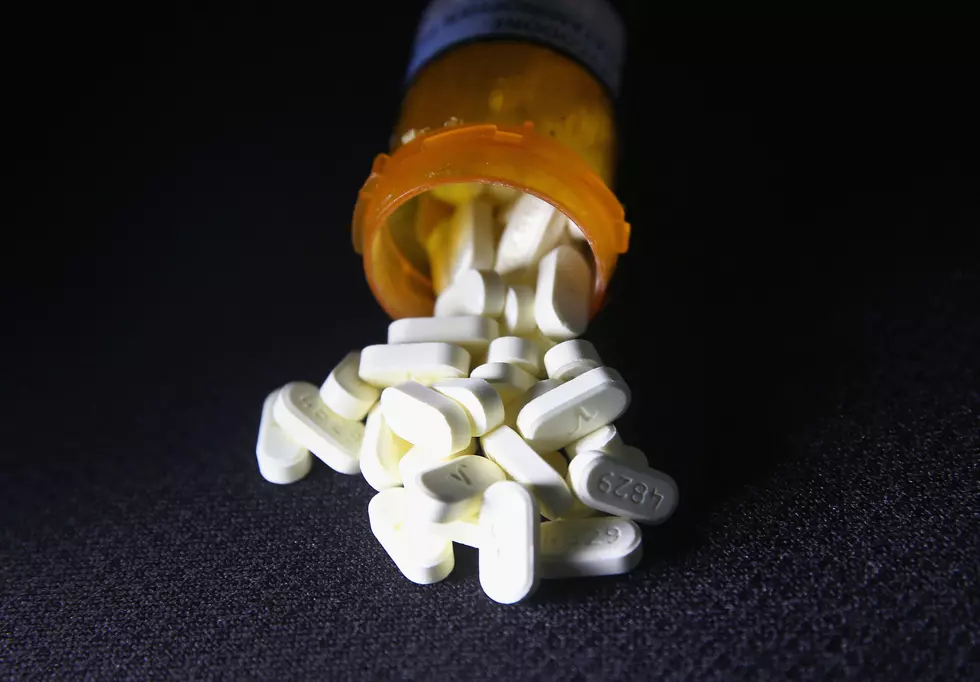
Opioid Abuse Issues Persisted After Former Casper Doctor’s Arrest, Trial
Former Casper Dr. Shakeel Kahn and his brother Nabeel Kahn are facing long prison sentences for their prescription drug conspiracy crimes after a three-year investigation and a month-long trial that ended with their convictions last month.
But their patients, or "customers" as federal prosecutors put it during the trial, faced more immediate punishments when Shakeel Kahn was arrested Nov. 30, 2016, and his medical licenses were suspended in Wyoming and Arizona.
Their punishments were being cut off suddenly from their supplier, according to federal prosecutors and a Casper addiction medicine doctor.
"They were cut off, and so they withdrew, or looked for other sources, and some of them still aren't well," Assistant U.S. Attorney Stephanie Sprecher said during a news conference a few hours after the guilty verdicts on May
"You heard the testimony," Sprecher said. "Some went to heroin, some went to methamphetamine, some were able to kick it altogether, and some people are still struggling," she said.
Assistant U.S. Attorney David Kubicheck agreed. "Yeah, if you just cut off some people like some of our patients and victims in this case, that's dangerous for them."
Wyoming U.S. Attorney Mark Klaassen, who spoke on a conference call, said the government tries to keep the victims in mind.
"We understand that as prosecutors that there's obviously going to be legitimate medical uses for these, and so we do need to be concerned about the well-being of those folks who are addicted and may need real medical treatment to help them taper off and overcome these addictions," Klaassen said.
However, apparently no program exists for those who are addicted and cut off, said Dr. Tom Radosevich of Wyoming Recovery in Casper.
"I'm unaware of such a social work system," Radosevich said. "In medicine, it's just very commonly you just take care of what shows up at the door."
Wyoming Recovery serves a lot of people whose opioid drug supplies have been cut off, he said. He declined to say if Wyoming Recovery worked with any of Kahn's former patients.
Those reasons include physicians who stop prescribing for legitimate reasons or they retire, addicts who have difficulty finding the drugs on the street, and the general tightening of the supply because of the increasing concern over opioid abuse, Radosevich said. The technical term for their addiction issue is "opioid use disorder."
"It puts people in a tough spot, because they are truly, physically dependent," he said. "They have very problematic withdrawal symptoms if their nervous system is devoid of opioids."
Addicts can grit their teeth and get through the withdrawal, but they are more likely to relapse than those who receive appropriate treatment, Radosevich said.
They also can substitute the opioid need with something else, and that probably will be heroin, which is more common than people think and those who use it have jobs and don't fit the sidewalk junkie stereotype.
The problem with street heroin is that users don't know what else may be in it, including fentanyl, carfentanil or sufentanil, he said. "That makes it very dangerous for people using heroin. That's where the opioid overdoses very commonly come from."
The most common treatment -- "medication assisted therapy" -- for opioid addiction is Suboxone [buprenorphine], an opioid that soothes withdrawal, does not produce euphoria, and helps people feel normal, Radosevich said.
More From K2 Radio









